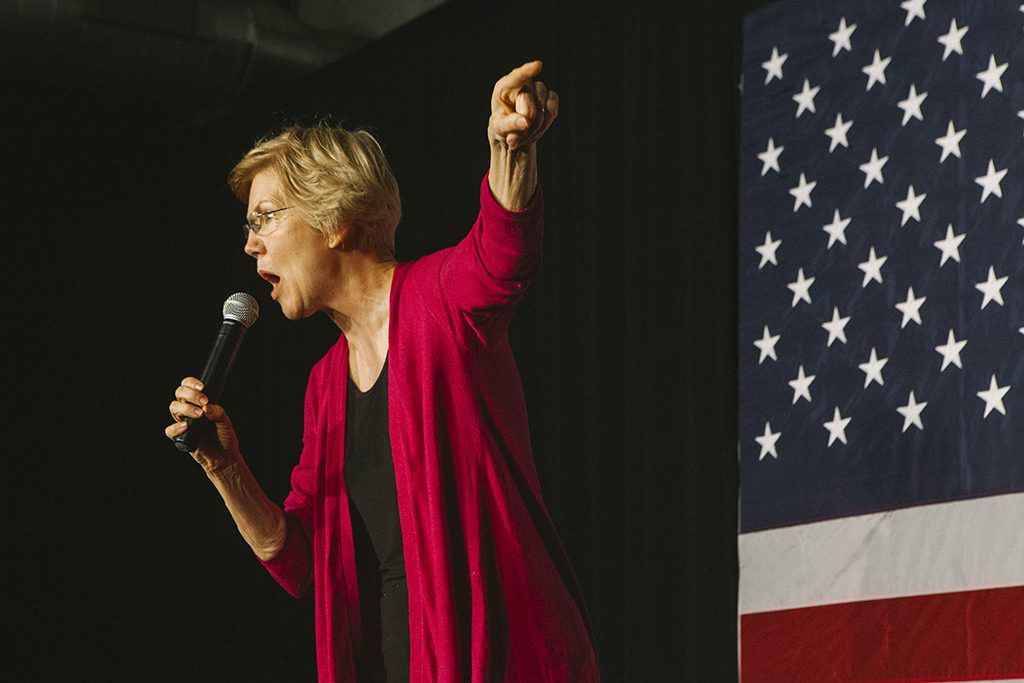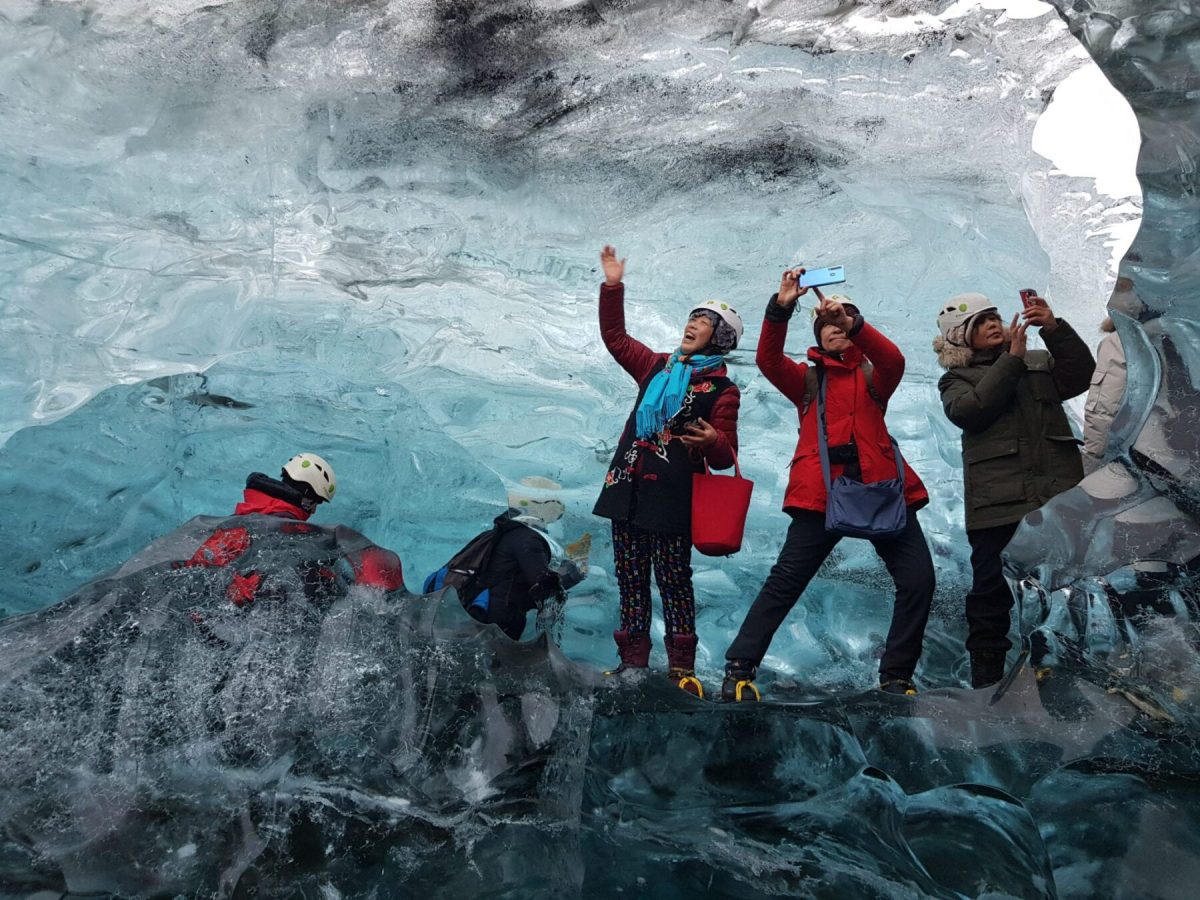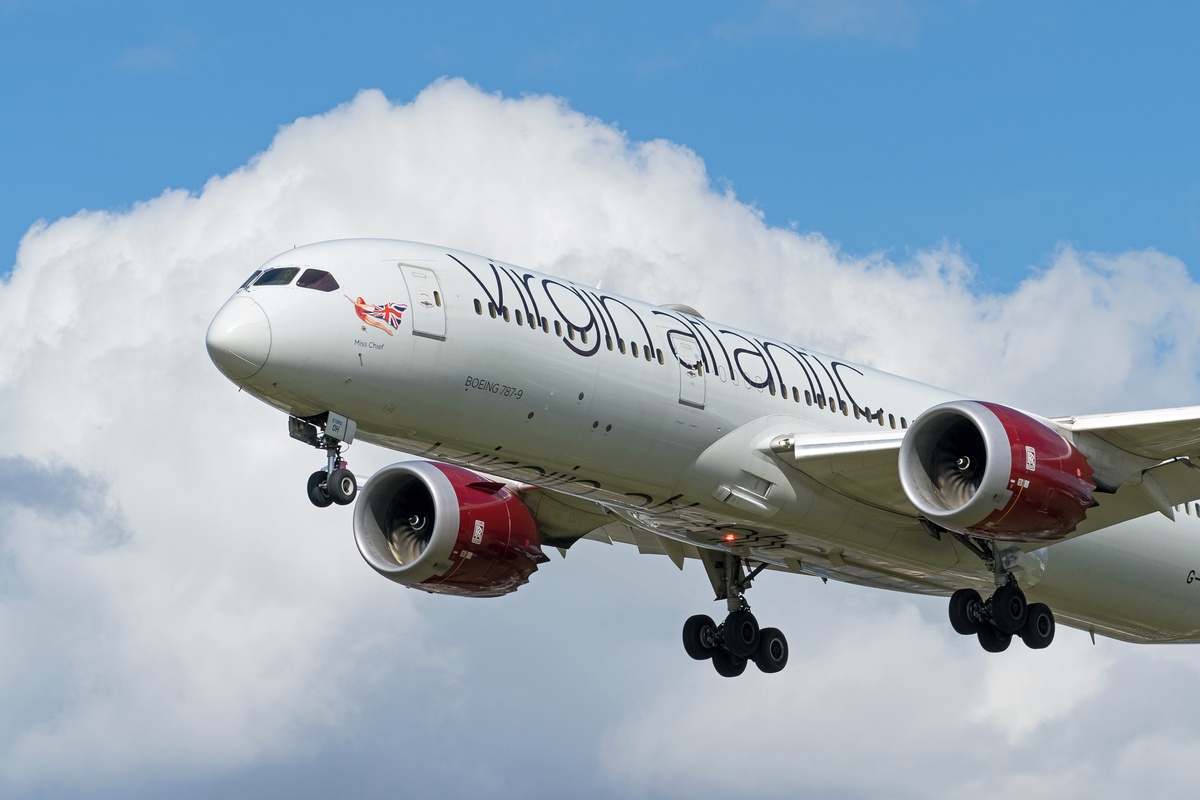U.S. Election Year Aside, Travel Advisor Execs Optimistic About 2020

Skift Take
There’s an old adage — and some data to support it — that U.S. presidential election years put a damper on leisure travel sales. With 2020 promising to be an especially bumpy ride through political division and uncertainty, could that hold true for the year ahead?
To get some perspective, Skift spoke to a variety of leading players in the retail travel industry, most of whom are cautiously optimistic that 2020 will not mirror any downturns seen in prior election years.
Election Year Impact
A survey released by Virtuoso earlier this year, which examined yearly sales trends among the consortium’s membership of luxury-focused travel advisors, reported that travel sales grew on average by 14.3 percent in the years before the last three presidential elections: 2007, 2011, and 2015.
By contrast, travel sales only grew on average by 2.9 percent during the election years of 2008, 2012, and 2016. The survey showed that even Virtuoso travel agencies based outside the U.S. may have been affected, with sales growing by 36.1 during pre-election years and 18.4 during the election years.
Why did the election years have a negative impact on sales? According to David Kolner, Virtuoso’s senior vice president of global sales, the uncertainty engendered by an upcoming election can cause spending hesitation among consumers, including those of high net worth.
“There’s a big correlation with the stock market, which can be volatile during an election year,” he said. “People look at what their portfolio is worth and how it might be affected by a change in administration and policies. In general, Virtuoso clients are going to travel no matter what, but there can be an impact on their willingness to book in advance or take longer vacations.”
Kolner said he was particularly surprised and somewhat puzzled by the survey’s indication that an American presidential election year affects sales for overseas travel advisors as well.
As yet, there is no indication that 2020 will follow the trend of the last three election years, Kolner added.
“We haven’t seen any drop in advance bookings, and some of our members are predicting an even better year than 2019,” he said. “Next year could be a total exception to the election year trend. However, we also know there can be a lot of surprises during an election year, so we’ll all stay tuned.”
How America Travels
Supporting the idea that 2020 sales could be immune to the election is the American Society of Travel Advisors' study 2019 How America Travels, which surveyed both travel advisors and consumers.
The study, released in late November, reported that 50 percent of travel advisors expect business to be better in 2020 than it was in 2019. The anticipated spend per traveler is anticipated to be $6,772 in 2020, a 10 percent increase over the year before.
In other findings, the survey revealed that millennials anticipate taking the most trips (2.7) in 2020, with Gen Xers not far behind at 2.5 trips. Gen Xers plan to spend the most ($2,780) on travel, in comparison to millennials ($1,816) and baby boomers ($2,158).
“The election will take up some time and attention but will not put a damper on travel,” said Zane Kerby, the society’s president and CEO. “All signs point to 2020 being a great year, with people planning to take more trips and spending more money. Business is brisk and growing.”
Kerby added that the current political and economic climate seems to be having no negative impact on travel.
“On the macroeconomics side, the China deal and the Brexit deal are going forward,” he said. “The market seems unaffected by impeachment, and the feds are keeping interest rates where they are. The economy is good, and there is no major uncertainty.”
While business is expected to be strong in 2020, the society is bracing for a year of continued activism, taking aim against state proposals that would curtail the use of independent contractors.
“We won on this in California, but now five more states are lined up to regulate the gig economy, including Illinois, New Jersey, and New York, which are big population centers,” Kerby said. “So we’ve got some really big fights coming up in the months ahead.”
Another priority in 2020 will be initiatives to encourage newcomers, including recent graduates, to choose careers as travel advisors.
“Business is so good that travel advisors have become a hot commodity, with travel agencies poaching talent from each other,” Kerby said. “At the same time, three quarters of travel advisors are 55 or older. So we’re going to drive the message through videos and training that travel is something you can make a good living at.”
A New Normal
While he expects that “growth could be a hair lower” in 2020 than last year, Ninan Chacko, CEO of Travel Leaders Group, is “quite bullish” about the year ahead and doesn’t think the election will be a factor.
One indicator, he said, are the findings from Travel Leader’s recent Travel Trends survey in which 90 percent of the 2,000 travel advisor respondents reported a "positive" or "very positive" outlook about the year ahead.
Other indicators are the strong investments that airlines and other travel suppliers are making, Chacko added.
“We see airlines investing more on their in-flight product such as seating as well on new routes, including more nonstop routes in overseas locations,” he said. “Hotel companies are continuing to invest, especially with new lifestyle brands. Cruise growth is phenomenal, with new ships and itineraries. Suppliers wouldn’t be making these investments if they weren’t confident.”
While acknowledging the impact that elections and other geopolitical events such as terrorist attacks have had on travel in the past, Chacko said consumers in 2020 are far less likely to be swayed by such factors.
“The current impeachment is a big deal from an historic perspective, but the economy has not slowed down because of it,” he said. “It was different in the Clinton and Nixon eras. We’re in a new normal now. When 9/11 happened, it took the travel industry a year to recover. Now the consuming public tends to shrug things off.”
David Harris, CEO of Ensemble Travel Group, also noted that the robust growth of travel suppliers is a strong indicator of the health of the industry.
“In broad terms, there’s no reason to think that next year will be any less successful than this year,” he said.
Harris, however, also observed that geopolitical and economic developments do have an impact on consumer behavior. A Canadian who heads a consortium with a large Canadian membership, Harris said that if the upcoming U.S. election does influence spending among Americans, it’s likely to have a similar impact in his country as well.
“It always surprises me how much of what happens in the U.S. also affects Canada,” he said. “Perhaps it shouldn’t, as the U.S. is our largest and most significant trading partner.”
While Ovation Travel Group is forecasting double-digit growth in 2020, it doesn’t expect it to quite equal the record-breaking 2019, which saw 20 percent growth across all travel segments and 40 percent growth in luxury leisure, according to Sunil Mahtani, executive vice president.
“The growth rate will not be as high, but this is, in part, to Europe remaining soft, with international air prices expected to decline next year, at least in the first quarter,” he said, adding that the presidential election could also be a factor.
“Historically, election years can impact overall travel, particularly on the corporate side, so spending may be a bit lower during an election year,” Mahtani said. “But we don’t anticipate a negative impact on sales.”
Changing Tides
At Tidewater Cruise and Travel in Bel Air, Maryland, political events often have an immediate impact on the agency’s large client base in the metro Washington, D.C., area, said owner Janet Blackwell.
“Many of our clients are U.S. government employees or retirees,” she said. “Having a federal budget that is passed is for many of them more of a concern than the presidential election. They don’t want to see a repeat of the 2019 shutdown of the federal government. They are relieved at this point that Congress has passed a budget that the President is expected to sign.”
While her sales among clients traveling in 2020 and into the first quarter of 2021 are strong, Blackwell does acknowledge that things could soften as the election draws near.
“I anticipate some people will start having concerns about the election on their finances, but I think that will more than likely have an impact on travel for 2021 than 2020,” she said.
It's the Economy
Brad Tolkin, co-CEO of World Travel Holdings, is forecasting “a great year” in 2020, possibly better than 2019. “Both cruise and land are up double digits, comparing this year to what we had on the books the same time last year for 2019,” he said.
Tolkin said the 2012 and 2016 presidential years had no measurable impact on the company’s business. Instead, he sees the economy as the “wild card” factor to watch.
“If the economy continues its strength in 2020, one could expect a strong travel year,” he said.
Time for Action
Regardless of the economy or geopolitical climate, some industry leaders noted that future business success for travel advisors is largely in their own hands.
“I believe that travel agents, agencies, and consortia all need to do a better job with marketing relevance,” said Ensemble’s Harris. “It’s not about broadcast blasts or inundating people with materials. It’s about strategic, targeted marketing. Some agencies don’t want to invest in this, but the reality is that you have to spend money to make money. It’s necessary to remain in front of the consumer because there are so many consumer sources.”
Virtuoso’s Kolner believed that an election year is an especially opportune time for travel advisors to be proactive in building enthusiasm and confidence among clients.
“It’s important to stay in close touch with clients, even after a booking is made,” he said. “If the news says the sky is falling, you need to make sure they don’t cancel their plans. The travel advisor can be the voice of reason during uncertain times.”




